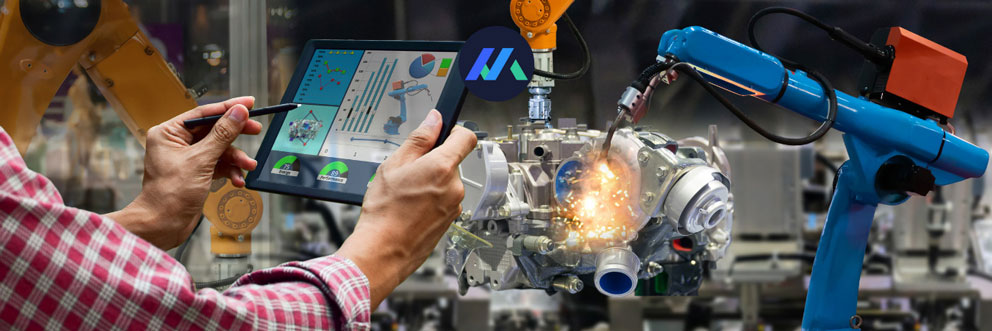To assist the rapidly increasing e-mobility sector, as well as the energy transition, climate change, and sustainability, all of these initiatives require novel solutions. Additionally, alternative propulsion concepts must be developed to considerably cut CO2 emissions.
That is why advancements in battery manufacture are becoming increasingly important.
However, which batteries and production techniques are capable of meeting escalating demand and stringent specifications? How can manufacturers maximize the sustainability, efficiency, and quality of their plants while automating their processes? New comprehensive automation concepts, such as those based on artificial intelligence and robotics, are critical. Additionally, these notions should consider market requirements, as well as the demands of policymakers and the battery industry. Thus, what are the current trends and future approaches in battery manufacturing that will enable European companies to seize the lead in energy storage for electric vehicles?
Battery makers must excel in terms of quality, increased efficiency, and resource optimization in order to compete better. As the field of e-mobility advances, more advanced battery technologies are being developed. It ensures the vehicles’ durability, safety, and operation. Lithium-ion pouch batteries suit a number of critical current industrial and automobile manufacturing needs. However, pouch cell manufacturing is more complex and time-consuming than cylindrical battery manufacturing. This, in turn, puts unique demands on manufacturing processes. Manufacturers are looking to artificial intelligence to assist with their manufacturing processes. For instance, AI can assist in optimizing machine efficiency and ensuring defect-free output.
Combining artificial intelligence, sensing, control, and robotics delivers higher quality.
While battery producers must react to the market’s ongoing evolution, they demand production processes that can be altered more quickly and flexibly than ever before to suit changing requirements. Combining artificial intelligence, sensing, control, safety, and robotics into a single automation platform enables manufacturers to meet customer criteria for product quality and predictive maintenance while also reaching critical sustainability goals.
Additionally, assistance with integrated battery cell inspection solutions, as well as solutions for electrode and battery module manufacture, can assist in streamlining the testing and providing end-to-end traceability throughout the battery cell’s life.
The technology ensures sustainability.
Battery manufacturers and suppliers require a dependable partner that can give theAsset Performance Managementm powerful technology and relevant advice from a single source in order to be inventive, adaptable, and future-oriented. A holistic, artificial intelligence-based solution can assist industries in reducing waste. When used in conjunction with an intelligent warehouse system and mobile robotics, firms can significantly increase process efficiency and productivity.
Simultaneously, battery cell quality – including capacity and battery life – should be covered sustainably by a manufacturing and lifecycle control solution that is backed up by an in-line inspection system. This solution must take into account all stages, from manufacture to usage and recycling. By applying these technologies, businesses take a critical step toward the future of sustainable industrial and battery production.
Recommendations based on data maximize utilization of production resources.
Today’s batteries as well as their production generate massive amounts of data. Makoro™ provides a range of device and enterprise system connectivity protocol options, and a recommendation system powered by digital performance twin, enabling manufacturers to translate the data generated by the manufacturing processes into a wealth of real-time recommendations. Leveraging these recommendations in battery production helps manufacturers improve their productS and production systems efficiently. They are able to create new business opportunities based on recommendations based on aggregated, correlated, and analyzed operational data.
As a result, battery manufacturers achieve::
- Improved productivity of existing plants
- Reduced inventory and throughput time
- Maximum utilization of production resources
Research indicates that proactive asset recommendations result in an 11% – 13% reduction in raw material usage and a potential savings of up to 15% – 18% in energy utilization.


